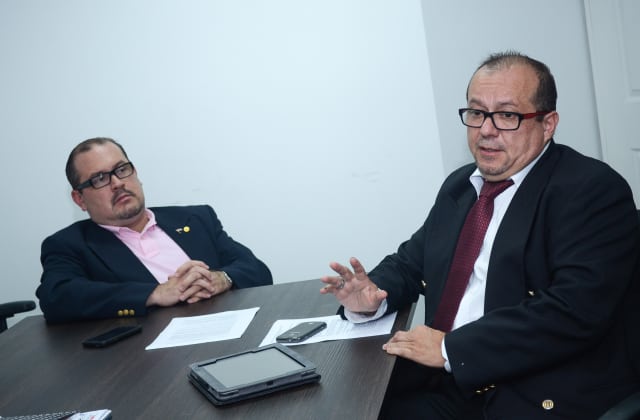Costa Rica is pulling in foreign investment at a record pace, especially when it comes to real estate. Depending on whom you ask, between 50,000-100,000 U.S. expats live in Costa Rica, and that number doesn’t appear to be shrinking anytime soon.
Other Ibero-American countries are getting involved too, with investments coming from Panama, Venezuela, Colombia and Spain. Central Bank data indicate that real estate is one of the most lucrative businesses for foreign direct investment, with 85 percent of resources coming from real estate in the first three months.
Needless to say, Costa Rican real estate is becoming popular again, following a downturn after the global financial crisis. But unfortunately, with popularity come scam artists.
In order to keep you from falling victim to scammers, The Tico Times caught up with Adrian Mora Solano, broker and director at AMS Real Estate and Law Services and vice president of the Costa Rican Chamber of Realtors (CCCBR). We asked him for five tips to make sure your broker is on the level. Excerpts follow:
1. Verify affiliation with realtors’ associations
Check if a real estate agent is affiliated in Costa Rica with any of the two official realtors’ associations: the CCCBR or the Costa Rica Global Association Of Realtors (CRGAR), in the northwestern province of Guanacaste.
2. Background checks
Perform a background check on the agent using their career in the real estate market; ask for backgrounds of clients with whom they worked in the past to verify their veracity and reliability in real estate. Check references.
Though limited legislation exists in Costa Rica that regulates the real estate market or brokers, you should ask for a stamped invoice for either professional services or a receipt of the real estate commission. Any broker who doesn’t have this could be considered suspicious and might not be a formal broker.
3. WWW…?
Ensure that the real estate business or independent broker has a website or business name properly identified as well as a physical address of an office.
4. Challenge your broker
Watch out for those who informally call themselves real estate brokers – you want someone who has deep knowledge on real estate matters. The easiest way to challenge a broker’s knowledge is to ask about the fundamental requirements for any property they show you. Some issues you can ask about include land use, plano catastrado [a cadastral map that verifies the area of the property and the area recorded in the National Registry], registry certification, and legal status, among others. Depending on each particular case, there are more documents that must be known by your broker. You can check with your lawyer or in the respective municipality of your broker to find out if they are reliable.
Experience, time and reliability are the greatest qualities for a real estate broker, and they’re relatively easy to verify. A serious broker has an office and a business card that indicates the name of the business or real estate office. If a broker is self-employed, they still generally have formal credentials that identify them as a broker, with either an association card that indicates how long they have been working or verifies that they have some type of formal experience in the business of real estate.
Most of all, be patient. If someone tries to pressure you into a deal before you’re ready, it’s probably better to walk away.






